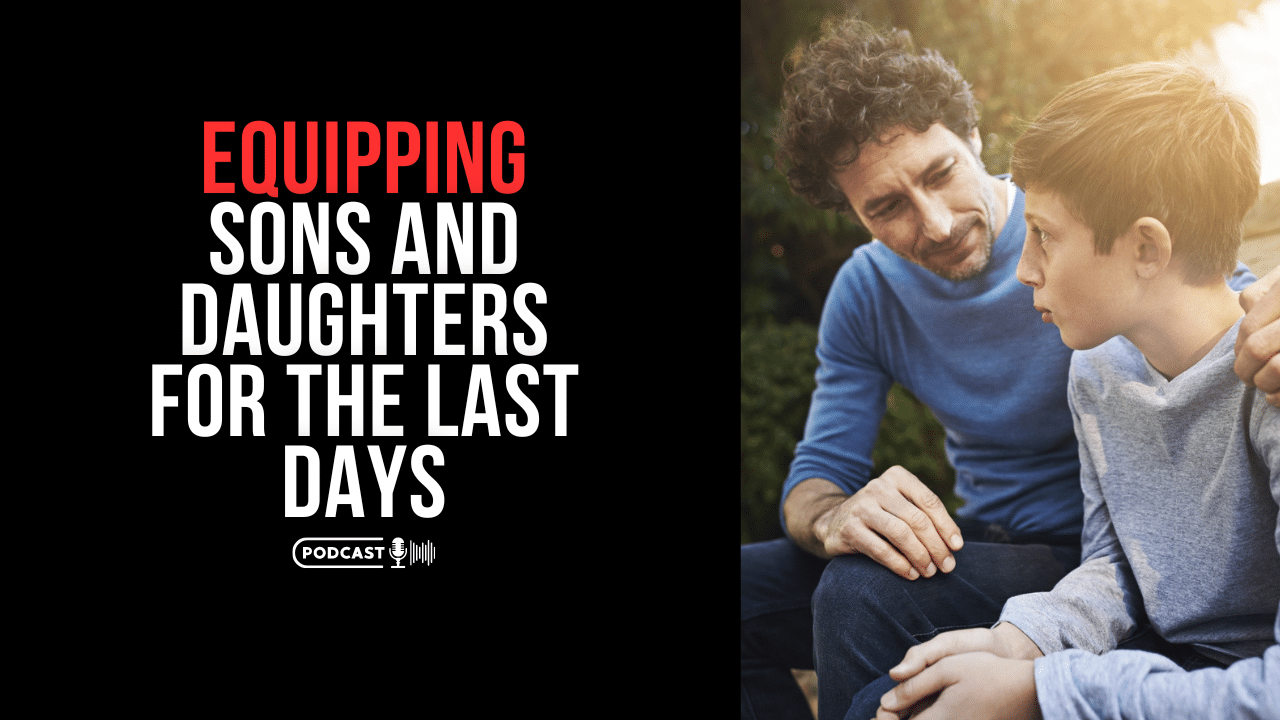Polyamory has been on the rise for some time, despite the social and political stigmas surrounding it, but research suggests that such romantic relationships can offer emotional and physical benefits to all involved.
Consensual polyamory – having more than one sexual or emotional relationship at once – has become increasingly common in many countries in recent years.
According to statistics published in 2021, 4 to 5 percent of the American population practices polyamory, while a 2019 YouGov survey found that 7 percent of UK adults had been in a consensual non-monogamous relationship at some point in their lives. This latter statistic represents a marked increase from a similar survey conducted in 2015, which showed that only 2 percent of UK adults had been in such relationships.
This increase in practice has also been accompanied by a rise in positive representations of polyamorous relationships in popular culture. Today, there are a number of television shows and video games that have included the lifestyle in their plots, while mainstream dating sites and apps, including OkCupid, Tinder, and Hinge, now allow users to specify this type of relationship in their profiles.
Yet despite the increase in the number of people identifying as polyamorous, there remains significant stigma surrounding it, along with social and political pressure that favors monogamy.
Monogamy is often portrayed as the ideal romantic situation and its values are reinforced in the stories we read as children and the films and stories we encounter as adults. According to this idea, happiness is contingent on us finding our one true soulmate who will stay with us throughout our lives.
Accompanying this cultural expectation is a range of state and government incentives – financial, social, and legal – that favor married couples. Any deviance from the monogamous norm, or mononormativity, is viewed with suspicion or outright hostility.
However, a new book by Justin Clardy, Professor of Philosophy at Santa Clara University, seeks to challenge this view. According to Clardy, an increasingly large number of legal and political scholars are proposing reforms to existing family laws to recognize the variety of relationship types humans can have.
“Polyamorists face the risk of being fired, denied housing or citizenship, or having their children taken away from them because of their polyamorous identities and lifestyles,” Clardy said in a statement.
“However, in many cases poly relationships are more durable than monogamous ones, because their flexibility allows them to meet shifting needs over time in a way that monogamous relationships don’t.”
Clardy’s work presents and then challenges the main arguments commonly mustered to support monogamy. In particular, he addresses the “moral debate” that supposes that humans evolved to be monogamous as babies require greater care than other young animals, due to their younger gestational age.
“Monogamy is therefore seen as the ‘natural’ order of things,” Professor Clardy explained. “However, many homosexual and heterosexual monogamous couples either do not want, or cannot have children, yet this doesn’t exclude them from being able to marry, and enjoy the rights and privileges that come with marriage.”
“Others may see monogamy as a moral command given by God, however, does this mean that atheists and agnostics are disqualified from romantic love, even if they find themselves in happy, healthy, and satisfying monogamous romantic relationships?” (READ MORE)
















